-
Alison Croggon wrote a new post 6 years, 8 months ago
A show that propagates questions: Alison Croggon on Nicola Gunn’s Working with Children
Nicola Gunn is a fascinating artist, mining a vein somewhere between live art, physical performance and conventional […]
-
Alison Croggon wrote a new post 6 years, 8 months ago
‘Riveting, real and unreal, like a nightmare’: Alison Croggon on Anne-Louise Sarks’ crystalline production of Sarah Kane’s Blasted
CW: Discussion of trauma and violence, especially sexual violence.2018. I had […]
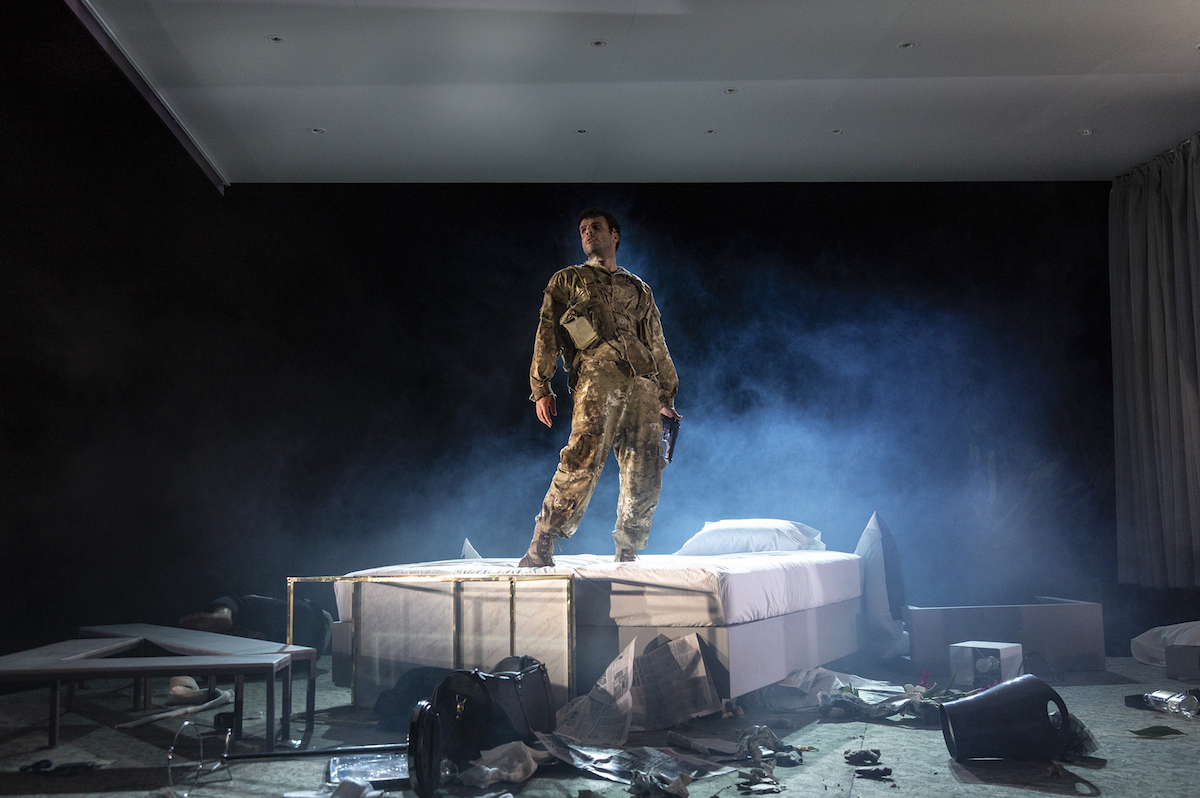
-
Alison Croggon wrote a new post 6 years, 9 months ago
‘The emptiest experience I’ve had in a theatre this year’: Alison Croggon on Lucas Hnath’s A Doll’s House Part 2
Theatre has made me well used to what Michael Billington once memorably termed “mutinous isola […]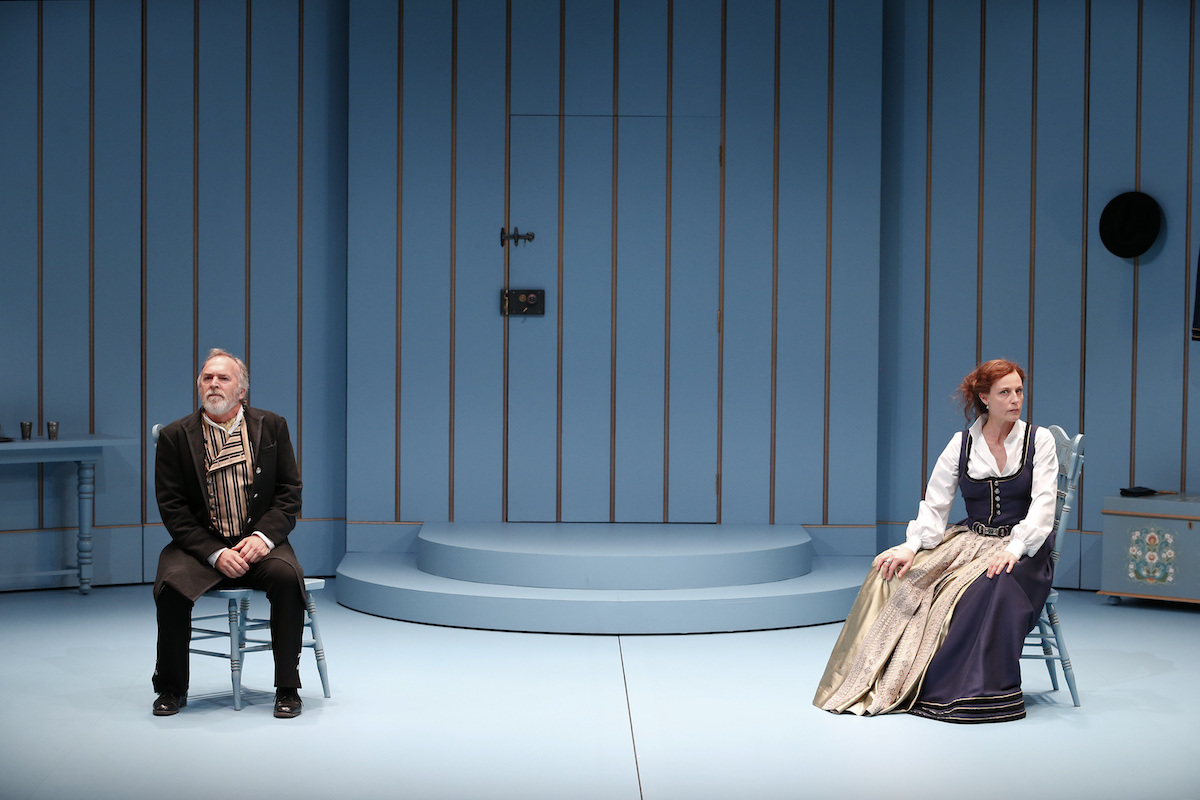
-
Hi David – thanks for your comment! I’m all for variousness in performance and theatrical form: there are many ways of making meaning. And “action” too is many things – it’s not merely event. For my part, I want plays, however they play with form, to be doing something more with language than mere explanation, which I can get in any mediocre op ed. I expect writing to be conscious, although of course I know the subconscious is a huge part of creative work. But that’s complicated! Eg, I think this is a conscious text, however disingenuous I found it. And of course all these questions become more complex in a collaborative artform like theatre.
Coincidentally, I saw two dance pieces last week, and maybe said it better in that review: “One of the tasks of the playwright (or, indeed, any kind of creative writer) is to reinvest language with its density, to give meaning and vitality to the words that we casually use and abuse every day. The knockabout usages of language often work subliminally, so language becomes a miasma of ghostly resonances that channel meaning below conscious thought. A lot of political speech, for example, relies on language being half-dead.”
-
Always happy to be of service 🙂
-
-
Alison Croggon wrote a new post 6 years, 9 months ago
Alison Croggon on Jo Lloyd’s Overture and Alison Currie’s Concrete Impermanence
Watching Jo Lloyd’s Overture and Alison Currie’s Concrete Impermanence on successive nights, I found myself wondering why contemp […]
-
Alison Croggon wrote a new post 6 years, 9 months ago
Disarming but troubling, Alison Croggon says Belarus Free Theatre’s Generation Jeans plays on a binary that feels outdated
Nikolai Khalezin is a disarming presence. He saunters on stage to a blast of sampled […]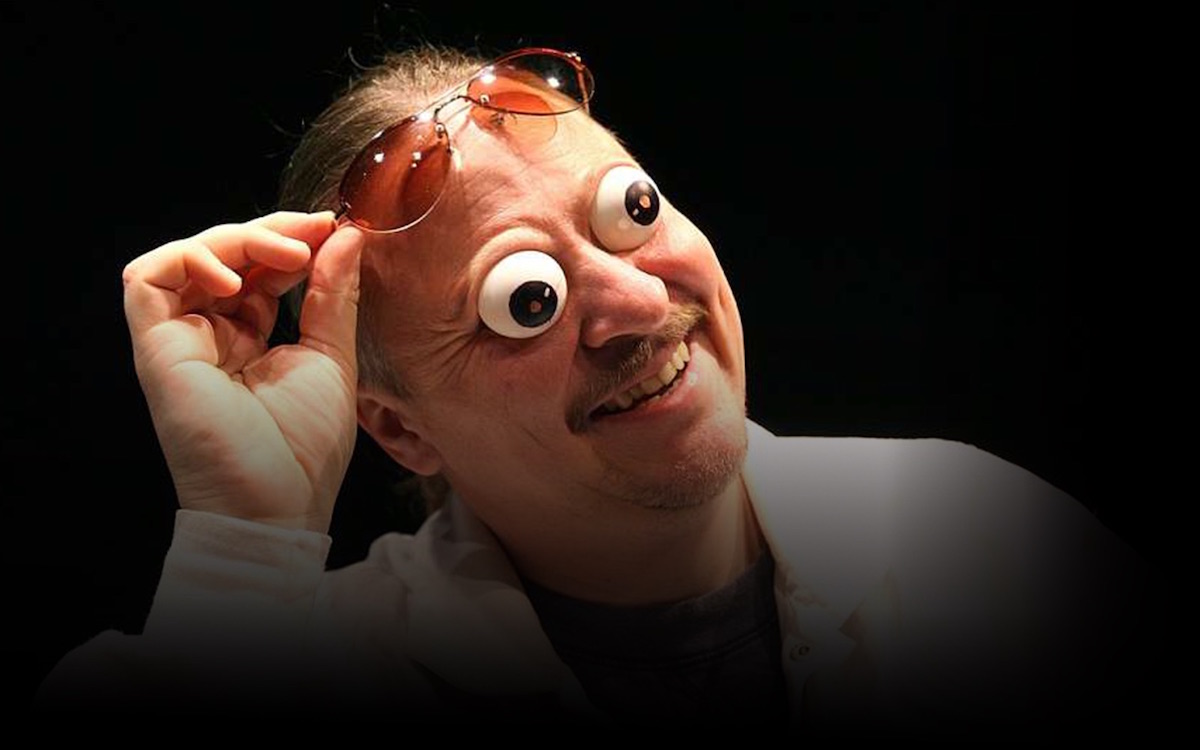
-
Alison Croggon wrote a new post 6 years, 10 months ago
Alison Croggon contemplates the aesthetics of annihilation in Declan Greene’s adaptation of Lars von Trier’s Melancholia
Adaptations are always a conundrum. What are we actually watching? Are we seeing what’s in […]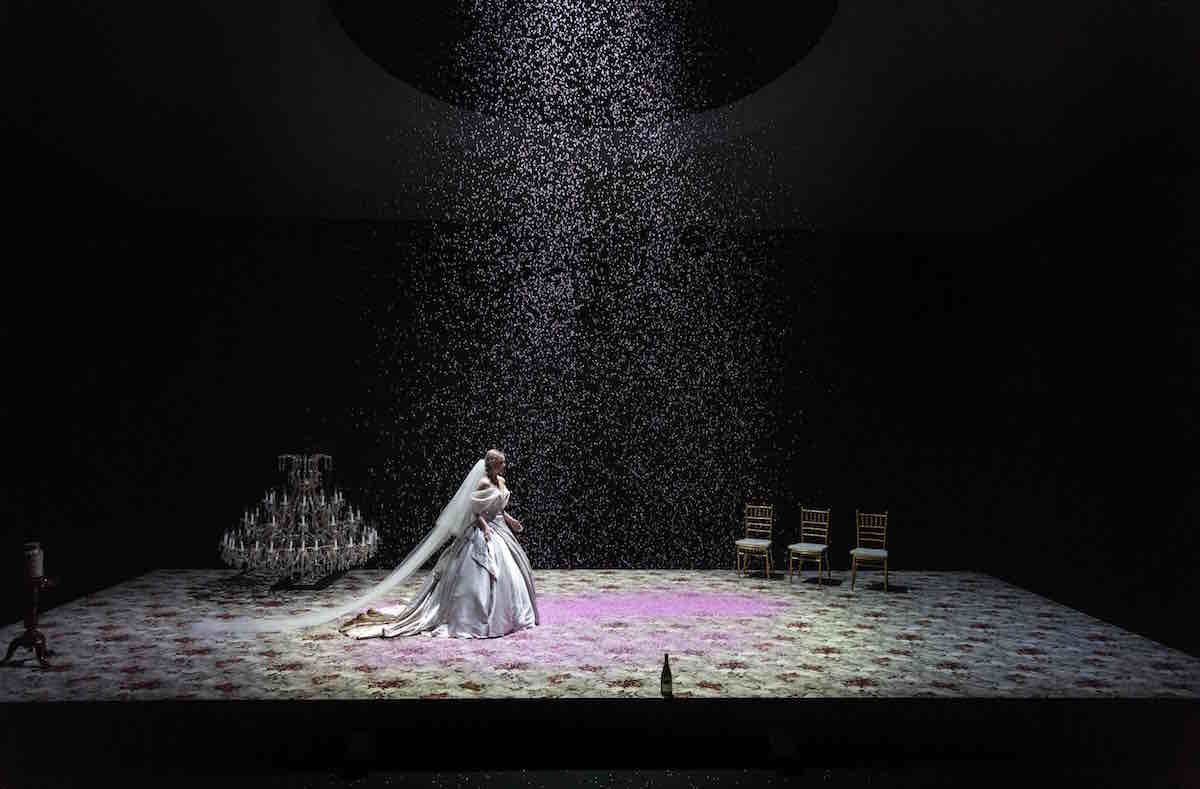
-
Alison Croggon wrote a new post 6 years, 10 months ago
“This production insists, gently but powerfully, on the human contact at the heart of performance.” Alison Croggon on Amer Hlehel’s tribute to the Palestinian poet Taha Muhammad Ali
It has taken me
all of six […]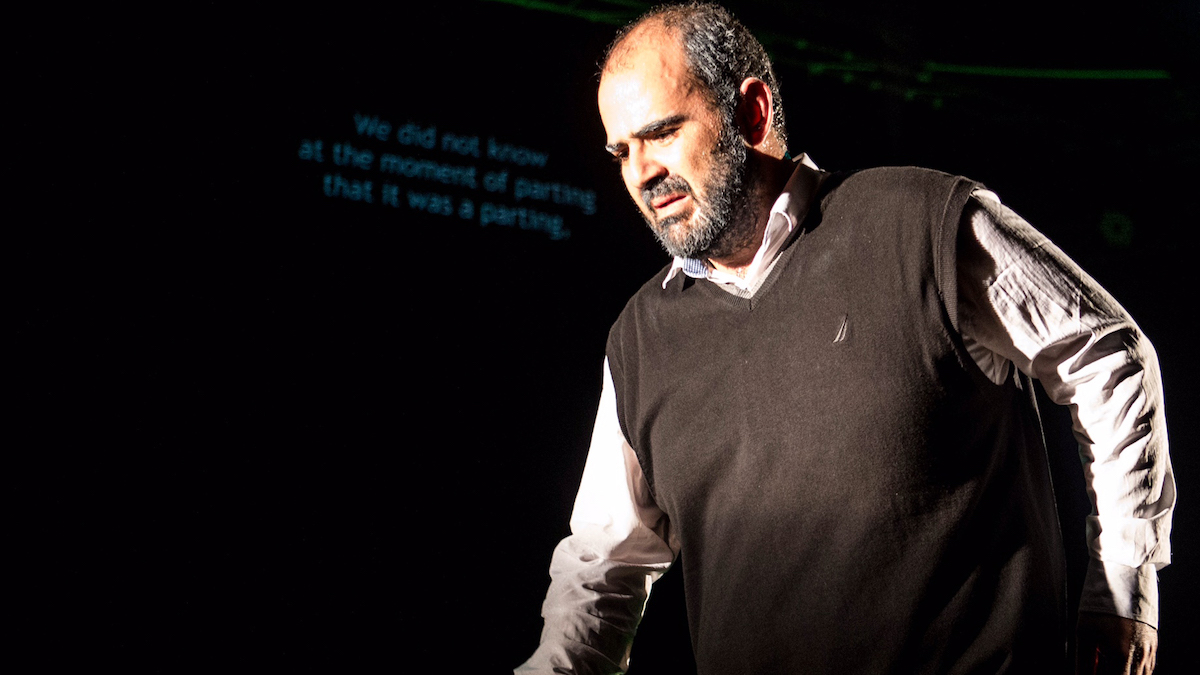
-
Alison Croggon wrote a new post 6 years, 10 months ago
Alison Croggon finds that Mish Grigor’s The Talk raises confronting questions about consent
NB: This response is extremely spoilery.Mish Grigor, one third of the experimental feminist outfit Post, makes work […]

-
Alison Croggon wrote a new post 6 years, 10 months ago
If the Australian media understood theatre instead of dissing it, we might have a better chance of seeing our politics clearly. Alison Croggon explains why
Last week I read a Guardian opinion piece about the […]
-
Thank you Alison, I’ve just been watching the division in the house on the current Medivac legislation that will allow refugees on Nauru evacuation to Australia on medical grounds. It was when our pentecostal leader Scott Morrison started to use his excellent speaking skills, that I had to switch off. And then I read this essay. It strikes me that I’ve just witnessed (!) a kind of proof of this thesis. Because Morrison used the rhetorical rule of three, and built the dynamic of his delivery through the three-list as perfectly as Martin Luther King or John Bell. We need to understand more the lengths to which our politicians go to enthral us, and we need a media with critical skills on par with theatre practitioners. There is a conflation in our media this days of celebrity and art that is most unhelpful in this, which means that serious discussion of art is reduced to a few hundred words, and that supposedly critical publications like the Guardian do not value the role of art in discourse and so their readership believes it is of no value. For this reason I go to Witness, Overland, The Conversation and the library to find my reality.
-
Hi Matt, thank you – delighted to be in the company you place us! Yes, it’s very depressing that these artificial divisions condition our media, to the impoverishment of all discourses. Perhaps in these other corners we can stage a counter-conversation… I hope so. Warmly, Alison
-
-
-
Alison Croggon wrote a new post 6 years, 11 months ago
Alison Croggon reviews Justin Shoulder’s visionary spectacle of the post-human, Carrion.
Justin Shoulder is a fascinating artist. His spectacular work grew out of the performance art traditions of Sydney’s qu […]
-
Alison Croggon wrote a new post 6 years, 11 months ago
“Gloria is television theatre, for a television generation.” Alison Croggon reviews Gloria, Branden Jacobs-Jenkins’ play at the Melbourne Theatre Company
I usually do my reading after a show. For me, the […]
-
My background takes me to the theatre with a very different perspective, but I arrived at conclusions almost identical. Branden Jacobs-Jenkins has set a monstrous challenge by constructing a play with lots and lots of words, culminating in (but, outwardly, not leading to) a devastatingly shocking act one dénouement, followed by lots and lots more words. Christina Smith added a degree of difficulty by giving the cast a set with far too much space in it. They were just too far apart too often to develop the sense of office-oppression that the script (and the programme-notes) seem to suggest. I also felt for the crew, with two massive interval scene-changes in a theatre where neither wing-space nor staff is abundant. The crew met the challenge; the cast smashed it. Lisa McCune has developed into a really sensitive and mature actor, with perfect poise and impeccable timing. All three males are a tribute to the excellent grounding that the ‘independent’ companies can provide, Callan Colley, fresh out of NIDA, has a big future, but for me, Jane Harber, whose biog suggests she has played to cameras a great deal more than to an audience, delivers three distinct and detailed characters, each with a full set of distinct and decisive accents, intonations, expressions and postures. We’ll see her again, I’m sure.
The big difference, of course, is that when Alison saw the show, an American newspaper office hadn’t just been the scene of a mass shooting, and I can’t pretend the fact didn’t affect my approach to the performance, or stop me wondering how the thought of it must have affected the cast. When the curtain finally fell, it was cynically symbolic of the U.S. gun problem – there’s a lot of hand-wringing and tear-jerking but no resolution in sight.
-
-
Alison Croggon wrote a new post 6 years, 11 months ago
Alison Croggon reviews Little Ones Theatre’s The Nightingale and the Rose
Oscar Wilde is one of those writers whose poetic gifts seldom shone to advantage in his poetry. They glow deeply in his plays and prose: I […]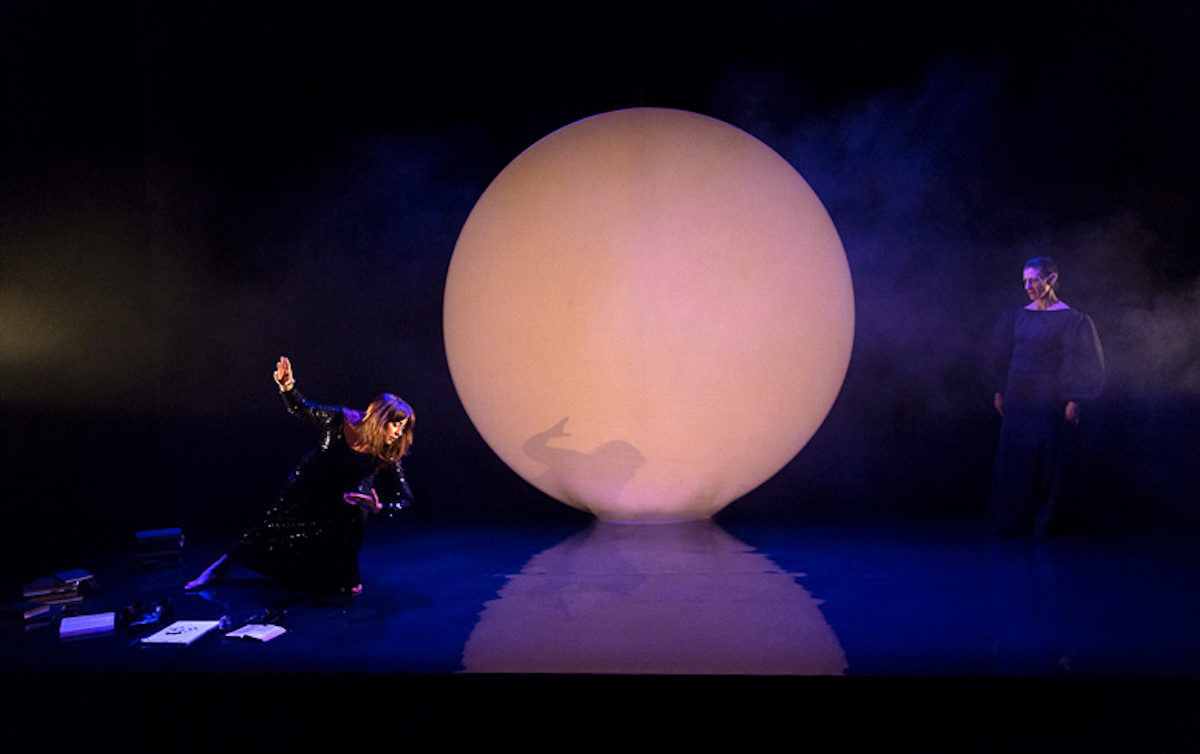
-
Alison Croggon wrote a new post 6 years, 11 months ago
Alison Croggon teases out some thoughts on Patricia Cornelius’ remarkable adaptation of The House of Bernarda Alba at the Melbourne Theatre Company.
Note: here be spoilersMuch as I love Patricia C […]
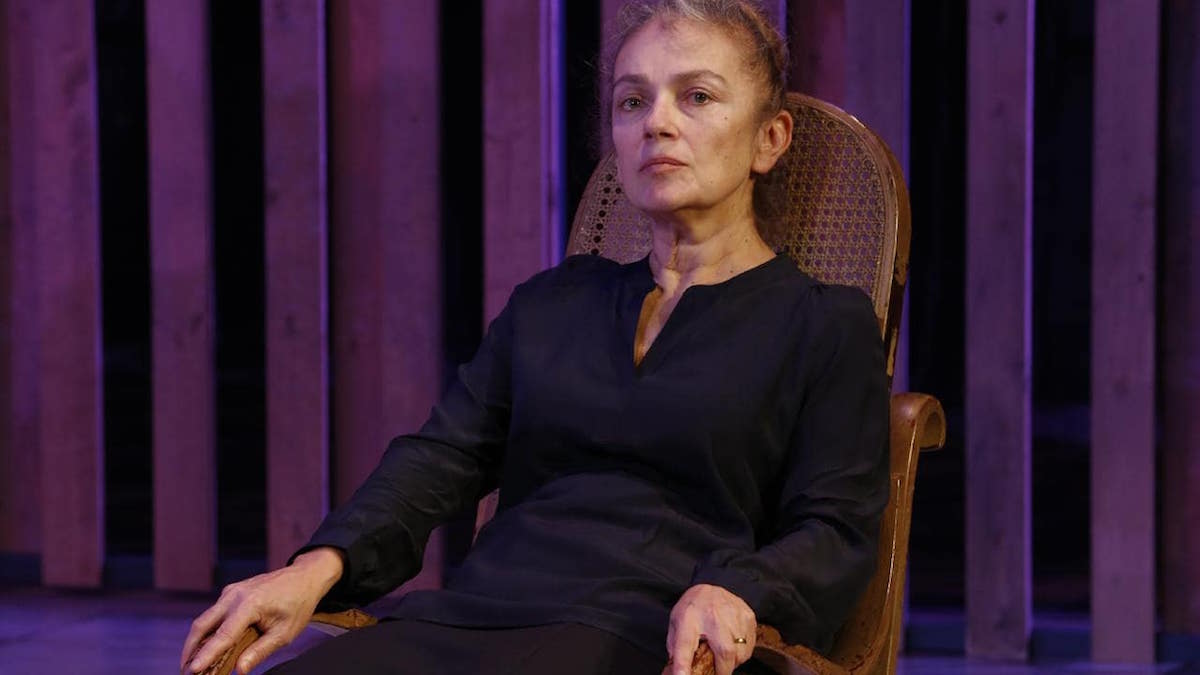
-
Alison Croggon wrote a new post 7 years ago
Alison Croggon enters the visceral, transformative world of Rosie Isaac’s Intestine in my Eye
May has been a full-on month in the Annals of Croggon. Past Alison blithely put a lot of stuff in her diary, f […]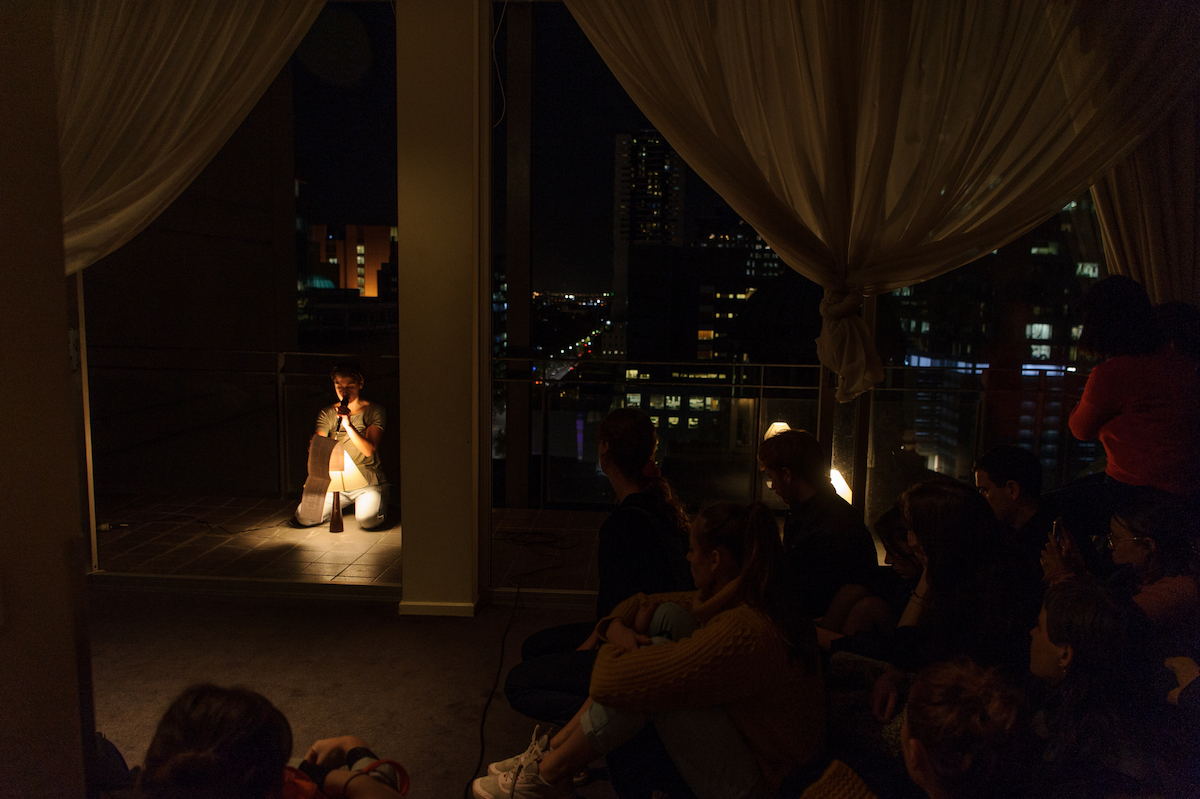
-
Alison Croggon wrote a new post 7 years ago
Alison Croggon reviews the hotly anticipated Melbourne production of Angus Cerini’s The Bleeding Tree
The walls echo with the thump of my body
The fists in the doors
The creak of a beer bottle being opened
The […]
-
Alison Croggon wrote a new post 7 years ago
Alison Croggon reviews Slown, Smallened and Son’s Lady Example at Next Wave
The SubStation, rising out of a tangle of railway lines at Newport in all its red-brick neoclassical hawt, is nothing if not t […]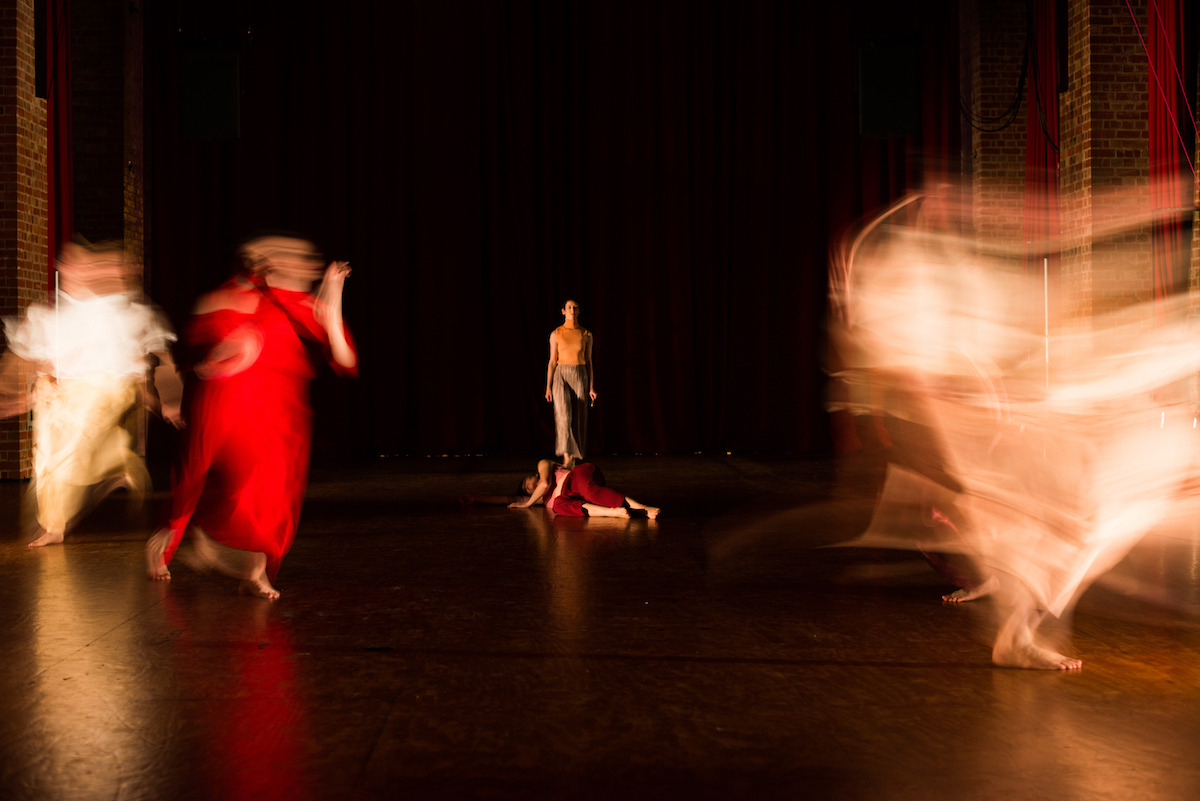
-
Alison Croggon commented on the post, Bliss: All about the man 7 years ago
…then you may disagree.
-
Alison Croggon commented on the post, Bliss: All about the man 7 years ago
Hi Tom! I’m sure you’re right about Matt L’s investigation of Australian cultural myths. (For the record, I thought Picnic at Hanging Rock was astounding – I reviewed it somewhere (I think the Monthly? Though if it was for the ABC it’s gone). And also his production of Away is interesting to think about here. There is an evaluation of the classics…[Read more]
-
Alison Croggon commented on the post, Bliss: All about the man 7 years ago
Hi Fotis! Somehow you skipped the bit where I say: “And look. I’m not saying that I’m uninterested in hearing from men, or about men. But this kind of story about this kind of man? Can’t we try something else?”
-
Alison Croggon wrote a new post 7 years ago
Alison Croggon wonders why Bliss is the story that needs to be told right now
“Who gets to be the story is an immensely political question,” says Rebecca Solnit. “In the news and political life, we’re still s […]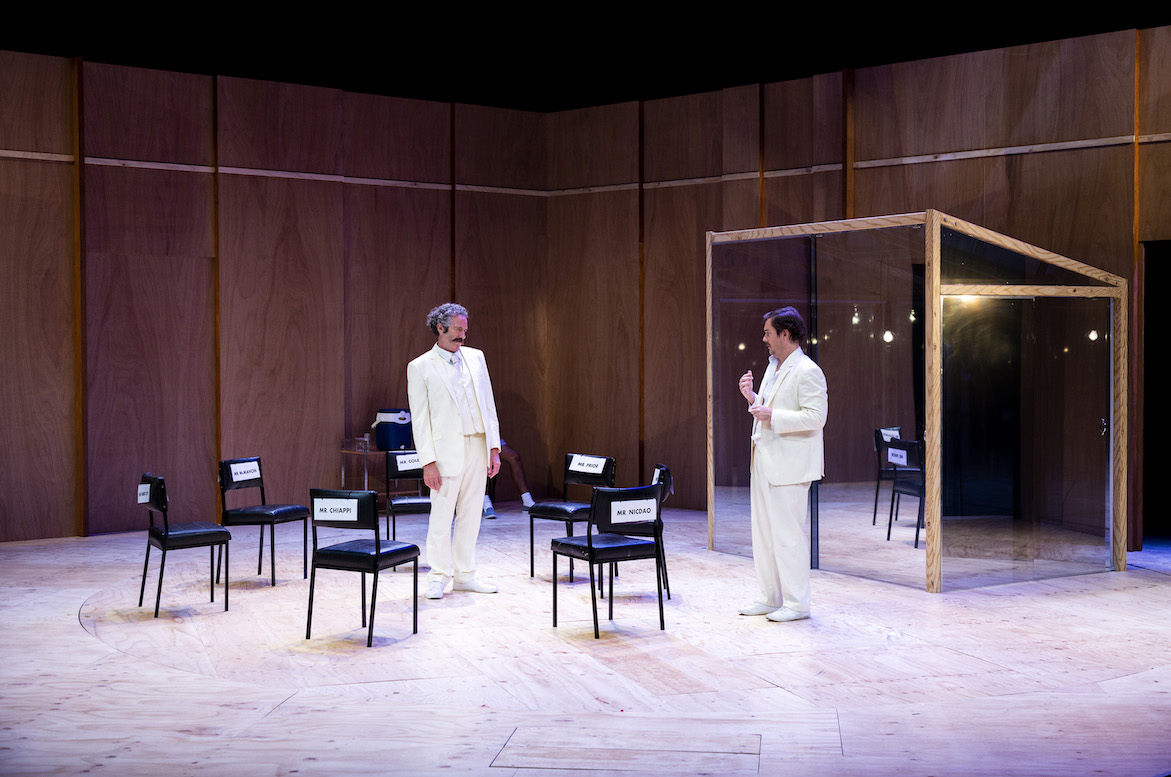
-
All stories on men as central characters need to be banned. Enough!
-
Hi Fotis! Somehow you skipped the bit where I say: “And look. I’m not saying that I’m uninterested in hearing from men, or about men. But this kind of story about this kind of man? Can’t we try something else?”
-
I’ll see it tonight – if it’s what you say it is it will be evident if not – then ..
-
…then you may disagree.
-
It needs 45m off. The actors work hard. The second half is better. The language needed to be less anchored to the book – allow some of the more funny, sardonic and even profound text – all very Australian 80s – to breath. I think the ensemble was better than the work, the play. The invasion by Miles Davis’ Bitches Brew when the nasty wife was bonking the partner was excellent. the Krishna reference was a call out to the Sidartha leaving the palace to take on life. Not well weaved.
-
-
-
-
-
Very interesting and thought-provoking, Alison. I agree with most of your critique of the book but I did feel that there was a reason to do this adaptation now. I was struck by the apocalyptic sense of ‘end of days’ – the trope of an impending pandemic of cancer and environmental disaster, and the escape to a kind of survivalist utopia – and thought that it spoke maybe even more strongly to today than it did when Carey wrote it. And I get a sense that Matt L is engaged in a kind of investigation of Australian cultural myths (Picnic at Hanging Rock, Away and Bliss) that is intriguing. Having said that, there is no escaping the fact that the story – and the production – invest pretty much everything in the central male character. It literally revolved around him a lot of the time!
-
Hi Tom! I’m sure you’re right about Matt L’s investigation of Australian cultural myths. (For the record, I thought Picnic at Hanging Rock was astounding – I reviewed it somewhere (I think the Monthly? Though if it was for the ABC it’s gone). And also his production of Away is interesting to think about here. There is an evaluation of the classics happening, which is definitely worth some critical investigation.
This one just rang dull on so many aspects, and for me it was the source material rendering itself through the adaptation. I hear you on the apocalyptic aspect. And also, the 80s was when the particular cycle in which we’re now floundering and sinking began – Thatcher, Reagan, the first Gulf War. The burgeoning of packaging empires (packaging is one of the Industries of Hell). But told here through that same subjectivity, that same Subject, which for me compromises the whole critique, because what that Subject does is erase so much of the reality that we need to be looking at now.
-
-
Saw it today -you’re right on most part about the play -could have been interesting if 45m were cut. The Krishna references are tounge in cheek commentary on Sidhartha leaving the palace, no. And the best part Miles Davis’ Bitches’ Brew when the nasty cruel wife bonks Harry’s business partner.
-
- Load More

An extraordinarily insightful review Alison. A breathtakingly complex analysis of the play and this production. Every time I read your reviews you help to deepen my own understanding of the work that I have witnessed. We are so lucky to have you here in Melbourne. Thanks as ever for you razor sharp ability to analyse theatre. Xxx
Thanks so much, Vanessa. I guess I’ve had a lot of time to think about Sarah Kane 🙂
Yes indeed. I saw the production of Blasted at Belvoir Downstairs about 15 years ago with Kate Mulvany in it. And I saw Crave at Belvoir
Downstairs at around the same time (both part of BSharp from memory). I’ve also previously seen 4:48 Psychosis at La Mama (Faraday St). It is great to finally see a mainstage production of a Sarah Kane play in Australia. Strange that it has taken so long.
Wow. I’m going.
Excellent! I think it’s not to be missed. Quite aside from how rarely Kane is done here.
OK. It’s a week since I saw Blasted, and I think I am now sufficiently recovered to make sentient comment. First I must explain something – some months ago my neck was injured in an accident. I have two displaced cervical discs, and somehow I seem unwittingly to have trained my neck-muscles to respond to any semblance of stress with an agonising cast-iron clench.
Within twenty minutes I was excruciated.
Here’s the thing – such a sensation seems actually to heighten the senses and to detach the most barbaric motivations from their learned expressions. I was completely convinced that if either of the male characters and I were locked in a room, only one would emerge alive. The alarming realisation is that I did not find the prospect repelling. Kane was a brilliant writer, able to turn the viewer’s sensations and emotions into active participants in the drama. She made me feel responsible, guilty, culpable and involved.
On the tram going home, I had a damned good hard look at myself.
Hi Matthew – Your experience sounds weirdly right! If extremely painful. The good hard look at yourself is precisely what she makes happen.